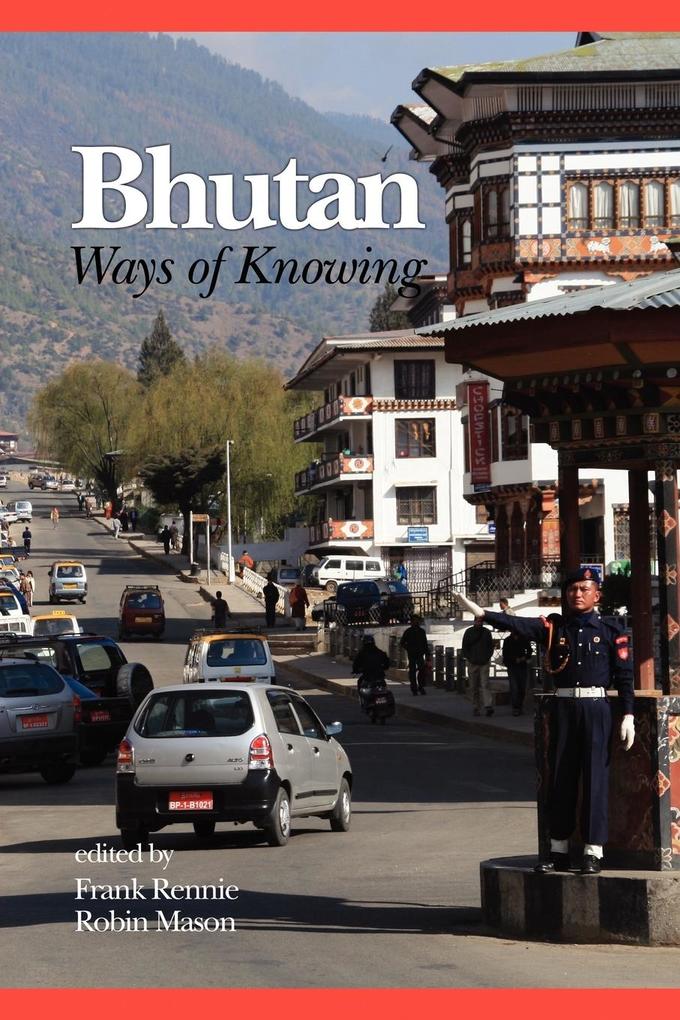There is a misty-eyed vision of Bhutan which has popularized it as 'the last
Shangri-la', the hidden Himalayan jewel, the travel destination of celebrities and
unique-experience-hunters. We are not entirely comfortable with this image.
Bhutan has undoubtedly become the focus of considerable media attention in the
last few years. Articles appear regularly on its substitution of happiness for money
as the indicator of the country's wealth. Television programs, books, visits by personalities - all have served to bring
Bhutan to global awareness. This attention only serves to increase pressure on the culture to become like any other. How
has Bhutan resisted the impact of globalisation which has had such a homogenizing affect on most other countries in the
world?
A practice, until recently, of self-imposed isolation from the rest of the world, the Buddhist tradition, and the lack of any
successful foreign invader have combined to produce a living culture that is as unique as it is fragile. This fragility
suggested the need to document a context that seemed on the verge of change. Our second visit in 2008 confirmed our
sense of immanent change, as we could see for ourselves the ways in which 'international culture' was beginning to appear:
the first escalator in the country, widening the main road from single track to dual carriageway, the first democratic
election, the availability of satellite television, and internet expansion... Nevertheless, we continue to feel that in Bhutan
there is a different 'way of knowing.' We have worked with staff at the University to try to capture something of this in
three different forms:
chapters written by Bhutanese individuals about the culture, landscape,
education and folklore
extracts from interviews with university staff and associates to draw out
particular characteristics of Bhutan which would be of interest to Western
readers
photographs of Bhutan which provide a different 'view' of the country to
complement the text.
The subject matter has been chosen by Bhutanese staff at the Royal University of
Bhutan as an expression of their
understanding of their own land. There are
conventional travel books about Bhutan
available and we have not attempted to
contribute to this literature. Bhutan: Ways of
Knowing is a book which reflects Bhutanese
understanding of their country. We hope that
you will find these contributions as
interesting and thought-provoking as we do,
and that you, too, will find a different way of
knowing about Bhutan.













